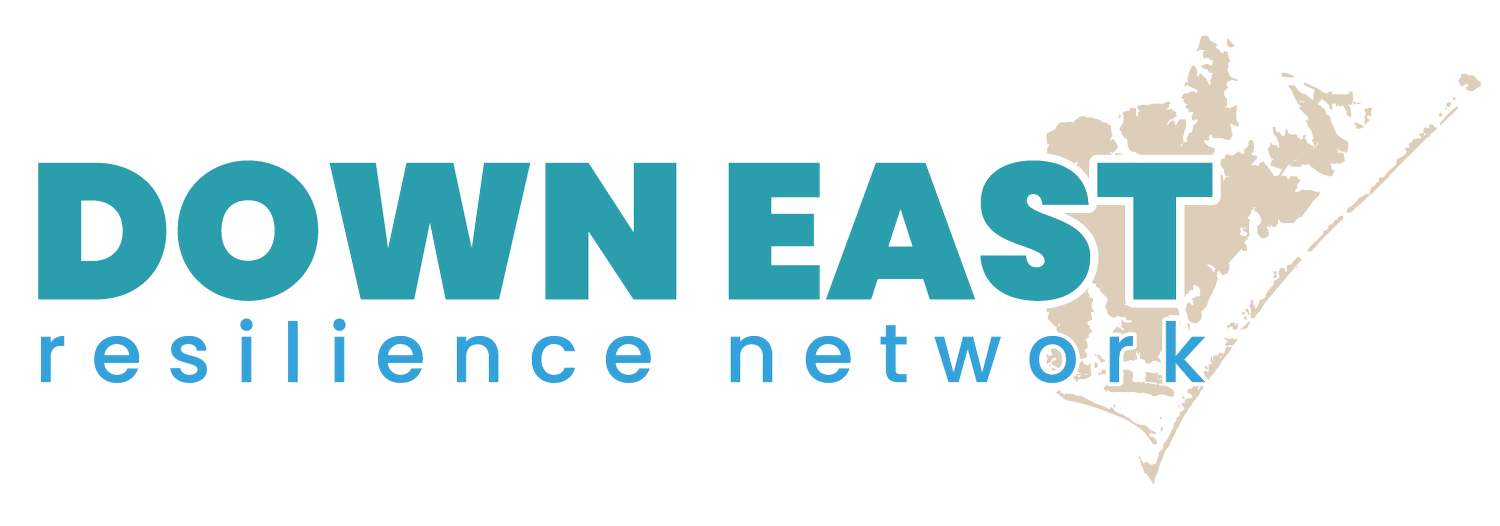Insurance
Insurance is a crucial component of protecting your home and personal property in coastal North Carolina.
While basic homeowner's insurance provides important coverage, residents often need additional policies to guard against specific environmental risks like flooding, wind, and hail damage.
Understanding what different insurance policies cover, how to file claims, and where to find assistance is essential for homeowners and renters alike.
TYPES OF INSURANCE
-
Basic Homeowners insurance is typically sold as a package policy designed to protect against damage to a residence.
These policies may include coverage for the dwelling itself, other structures on the property, personal belongings, loss of use, personal liability, and medical payments.
Standard homeowners insurance does not usually cover losses resulting from floods, earthquakes, landslides, mudslides, wind, or hail. Separate insurance policies are available to provide coverage for these specific environmental hazards.
-
A landlord’s insurance policy does not cover a tenant’s personal property.
Renters insurance is designed to protect personal belongings from damage or loss while residing in a rented home, apartment, or condominium.
Coverage may include personal property, loss of use, personal liability, and medical payments to others.
Visit the North Carolina Department of Insurance for a consumer guide to understanding renters insurance options and coverage.
-
Wind and hail coverage may be excluded from a basic homeowners insurance policy depending on the property's location. In such cases, a separate wind and hail insurance policy may be required.
In coastal regions of North Carolina, separate wind and hail insurance is often provided through the North Carolina Insurance Underwriting Association (NCIUA). This association offers essential property insurance for residents in designated coastal areas.
To be eligible for coverage through the NCIUA, the property must have an existing homeowners insurance policy from a North Carolina provider that excludes wind coverage.
-
Flood insurance is a separate policy from standard homeowners or renters insurance.
It is strongly recommended for properties located in areas at higher risk of flooding, such as floodplains, riverbanks, or coastal zones. However, coverage is available to property owners and renters outside of high-risk zones as well.
The federal government provides flood insurance through the National Flood Insurance Program (NFIP).
For homes with federally backed mortgages located in designated floodplains, flood insurance is typically required.
Policies generally include a 30-day waiting period before coverage becomes effective, with limited exceptions.
Visit the Carteret County Flood Information website for county flood maps and local guidance.
More About the NATIONAL FLOOD INSURANCE PROGRAM (NFIP):
The National Flood Insurance Program (NFIP) provides detailed information about purchasing flood insurance, preparing for potential flooding, and filing claims.
Before a flood occurs, it is important to understand flood risk, take an inventory of household items, and store important documents in a safe, waterproof location.
The NFIP also outlines the necessary steps to follow if a flood damages a property, including how to file a claim and what to expect during the process.
Filing a Flood Insurance Claim: Key Steps
Start a claim: Promptly report any losses to the insurance carrier.
Prepare for inspection: Document damages with photos and videos before the insurance adjuster inspects the property. Dispose of any items that may pose a health risk.
Work with the adjuster: The insurance adjuster will present proper identification and answer questions regarding the claim. They will inspect the property and submit a damage assessment and recommendation to the insurer.
Document the loss and receive payment: Review the adjuster’s estimate and sign the proof of loss form. Clarify any questions about the policy and important deadlines with the insurance adjuster.
Make repairs: Ensure that all contractors hired for repairs are licensed, bonded, and insured.
Understand claim payments: Claim processing typically takes four to eight weeks. If a claim is denied in full or in part, an appeal may be filed within 60 days from the denial letter date.




